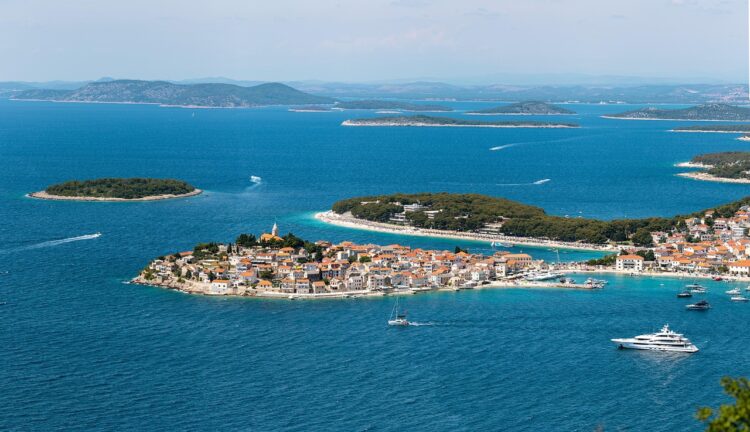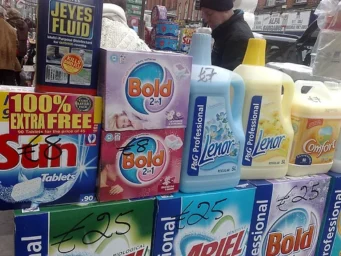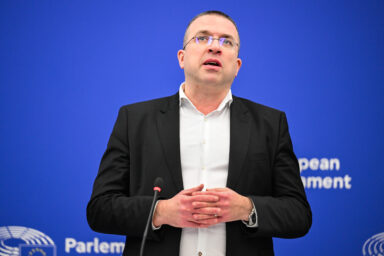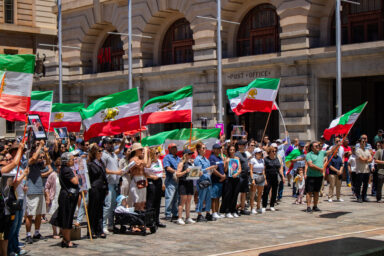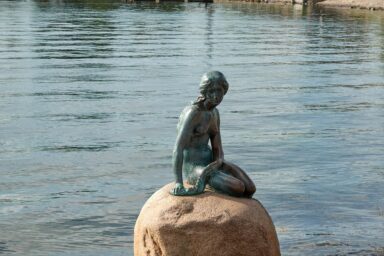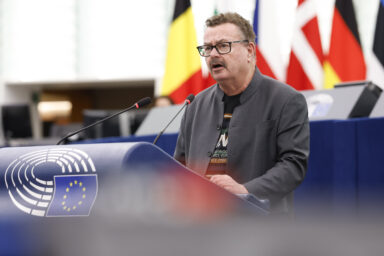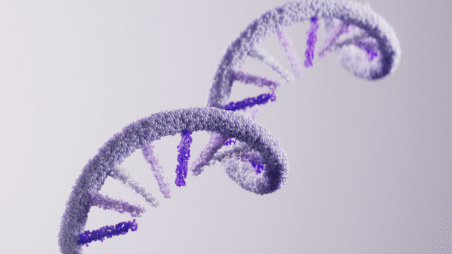From renewable energy grids to joint universities and startup hubs, Europe’s latest Mediterranean initiative seeks to turn old divisions into shared ambitions. By anchoring cooperation in education, clean energy and security, Brussels aims to transform a region long marked by fragmentation into one of shared growth.
Ursula von der Leyen unveiled the Pact for the Mediterranean for the European Commission on 16 October 2025. The Commission president framed the plan as a concrete offer to deepen ties between the EU and its southern Mediterranean neighbours by focusing on practical projects that benefit people and economies on both shores. “The focus is very much on getting things done,“ she put it succinctly put it at the announcement.
The pact aims to create a common Mediterranean space that is better connected, more prosperous, more resilient and more secure. It rests on co‑ownership and shared responsibility. The Commission says it will concentrate on projects that deliver tangible results and that attract private finance alongside public funds. The emphasis is on action rather than rhetoric.
“This goes from creating a Mediterranean university to connecting our cultural institutions and civil societies,“ Ms von der Leyen said. “It goes from building artificial intelligence factories across the Mediterranean to a new initiative for Mediterranean startups. It goes from managing migration together to the new European firefighting hub in Cyprus, and the list is much longer.“
You might be interested
People, economy, security
The initiative hinges on three principal strands. The first prioritises people. „It is the heart of our work, people,“ the EC president said. It proposes more co‑operation in higher education, vocational training and skills development. The Commission wants to scale up existing technical and vocational systems and promote youth mobility. A Mediterranean University features as a flagship idea intended to link students from every shore. Cultural exchange, tourism and sport are among practical means to strengthen social ties.
The second strand concerns the economy. The Pact seeks to modernise trade and investment links and to foster cleaner, more resilient growth. It highlights renewable energy and clean technologies, water resilience, the blue economy, agriculture and digital and transport links. Flagship projects such as a Trans‑Mediterranean Renewable Energy and Clean Tech initiative and StartUp4Med aim to boost jobs and entrepreneurship. The Commission also plans to support integration of supply chains in health and agriculture and to improve digital interconnection so firms and citizens can trade and communicate more easily.
Today we are making a clear offer to our neighbors. Let us create a common Mediterranean space with the goal of progressive integration between the two of us. — Ursula von der Leyen, European Commission president
The third strand addresses security, preparedness and migration management. The Pact includes plans to improve regional preparedness for disasters and to step up co‑operation on maritime security and the resilience of critical infrastructure. It promotes a whole‑of‑route approach to migration management and a common approach to integrated border management, and it envisages operational partnerships to counter migrant smuggling. The Commission proposes a regional forum for the EU and southern Mediterranean countries to discuss peace and security.
From Morocco to Turkey
The Pact is explicitly open to partners beyond the southern shore. The Commission invites engagement from Gulf states, sub‑Saharan Africa, the Western Balkans and Türkiye. Triangular co‑operation is important for large infrastructure projects—an example cited is the India–Middle East–Europe interconnector.
Politically, the Commission proposes to endorse that the Pact at a summit in November 2025, timed to coincide with the 30th anniversary of the Barcelona process. An initial Action Plan is due in the first quarter of 2026. That plan will specify which countries and organisations will take part in which projects and will remain a living document, capable of absorbing new initiatives and contributors. Regional organisations, civil society and youth groups are expected to play a role in implementation.
The Pact reflects a pragmatic tone. It borrows lessons from past initiatives such as the Barcelona Process and the 2021 Agenda for the Mediterranean, but it seeks a more coherent and project‑driven approach. The Commission says the goal is mutual gain: more jobs, better services and greater stability. The underlying message is straightforward—practical cooperation, backed by investment and partnerships, can help reshape a region where Europe shares not only geography but also futures.
